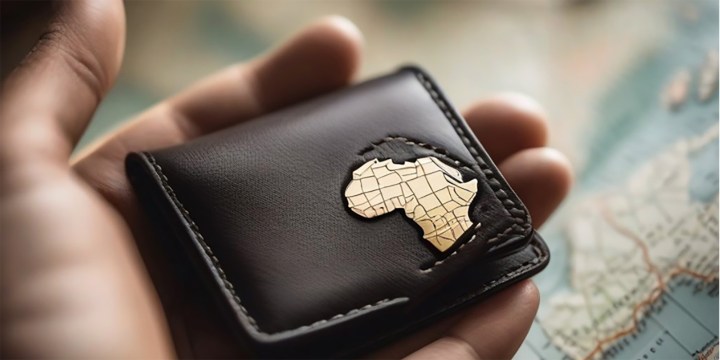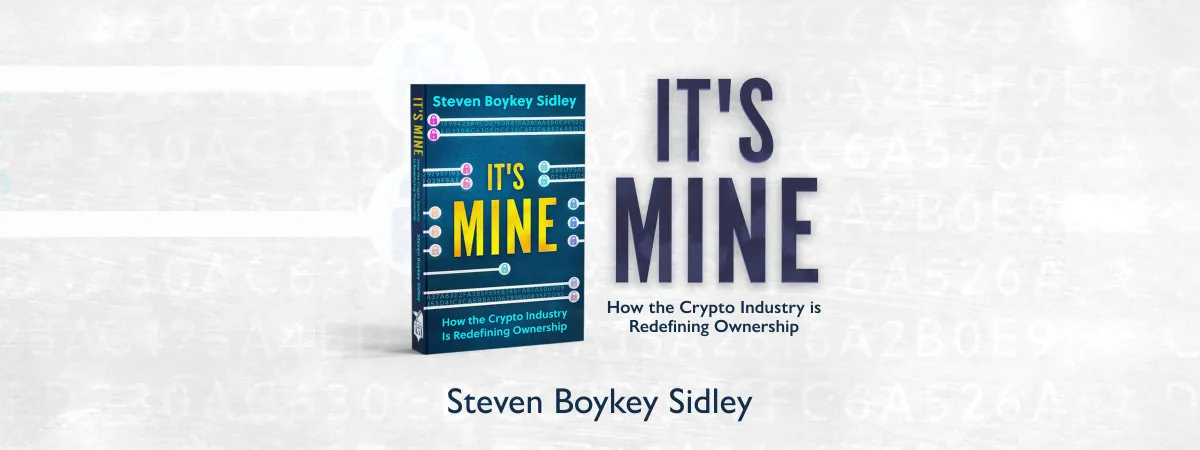GUEST ESSAY
Stablecoins – a solution to the African citizen’s continually shrinking wallet

Forget hiding your hard-earned cash under your mattress. If you know how to exchange your crumbling currency for a dollar stablecoin, you could be protected against the economic silly walks of your government.
One of the ugliest indicators of a mismanaged economy is a collapse in the value of the country’s currency, making it more expensive to import stuff or to travel abroad. Other abscesses symptomatic of poor governance may be more hidden from view (such as under-educated children) or take years to become visible (such as falling indexes of citizen health or longevity), but nothing hurts as keenly as a shrinking currency. Everyone from rich to poor feels it, no matter what their spending habits.
Africa has no shortage of corrupt and/or incompetent governments adept at economy-ruining. From Zimbabwe, where the local currency is essentially scrap paper, to South Africa where we have seen the value of the rand lose more than 50% against the dollar in 10 years, to giant Nigeria where inflation is currently running at about 24% (with a 50% loss of value of the naira against the dollar in five years), to even well-respected Kenya, where the shilling has lost 30% in five years. And these last three are supposedly the top three economic powerhouses in Sub-Saharan Africa.
There is usually no one to blame other than the government, no matter how many point fingers towards shady and invisible external bogeymen. No government anywhere has ever mea culpa-ed on the collapse of their currency. It is always someone else’s fault, but everyone gets poorer regardless.
So what’s a poor citizen to do, should they be lucky enough to have a regular paycheque, or some discretionary money in a bank? Or even under their mattress?
The answer is simple. Exchange your money for something that is less likely to lose its value. The dollar is the obvious choice (notwithstanding current jitters). Perhaps the Swiss franc or the Singapore dollar. Maybe even the Chinese renminbi (although that strategy is a little reckless, given Chinese problems with real-estate tremors and population shrinkage and all).
And then, when you want to buy something in your country, you simply exchange the exact amount back into your local currency and you make the purchase.
Of course, it is not quite so simple. Because the road from your collapsing local currency to something more stable is full of potholes and broken glass. Consider Nigeria where, in order to exchange naira for dollars, a statutory nightmare called a domiciliary account is required, with two references from other account holders and brutal KYC. Here in South Africa strict limits are in place and enforced by banks. No matter where you go in Africa, you will find that the powers-that-be will try to dissuade you or prevent you from exchanging your local currency for something better.
Why? Because, if their currency is losing value, then it only exacerbates the situation when citizens take their money to safety elsewhere. It adds fuel to the fire because the authorities are obliged to buy it back later, at the citizen’s discretion, when the exchange rate might be even worse and they have to pay more. You see the problem.
And, even if you have enough determination to jump through all the hoops, the fees charged by banks for moving between one traditional currency and another are eye-watering.
This brings me to a recent article I read by Brenton Naicker, a principal at CV VC Africa, a division of the Swiss investment company CV VC. The article ranges broadly over Africa and new financial technologies and points to a number of excellent reference papers. I want to zoom in on one thread in particular.
That is stablecoins, and their blindingly obvious solution for the nervous citizen trying to retain the value of their savings and income.
Stablecoins are cryptocurrencies. They live on blockchains. But, unlike the volatility of cryptocurrencies like Bitcoin, their value is locked 1:1 to a traditional fiat currency. Unsurprisingly, to mostly stable fiat currencies like the dollar or euro. If you know how to exchange your ratty currency for a dollar stablecoin, you will be protected against the economic silly walks of your government.
Here is an apposite quote from Nigerian researcher Tochi Onyia:
“Whenever I get paid at work, I just take out the money that I will be using for the month or 2 weeks. I just leave it in my account. Then whatever [money I have set aside for] savings I store it in a stablecoin.”
I am (somewhat disingenuously) leaving out of this discussion the details of how a citizen opens an account at a crypto exchange, and how the mechanics of the local-currency-to-stablecoin swap works. Here’s why. According to the SA crypto exchange Luno, 37% of Nigerians own or have owned cryptocurrency, 34% of Kenyans, 20% of South Africans. This, compared to a world average of 16%. Clearly, it’s not that hard to do, even in third world countries.
Oh, and one other thing. If you own a stablecoin in Nigeria, you can send it to your cousin in Kenya. No bank fees, no forex fees, no paperwork, no intermediaries trying to fleece you or stop you, and no volatility risk. Remittance, at least in Africa, is the second killer use case, after value protection.
You don’t read about stablecoins much in the mass media. They are not really exciting. Stability is not really newsworthy, but it is where all the action is. In Africa, capital protection is arguably more important than the search for riches. DM
Steven Boykey Sidley is a professor of practice at JBS, University of Johannesburg. His new book It’s Mine: How the Crypto Industry is Redefining Ownership is published by Maverick451. It can be ordered directly from the DM store here or on Kindle. It’s also available at bookstores.

















Thanks Prof, top post …….. only way we the people can mitigate exposure to the feckless behaviour of our ruling classes – everywhere!